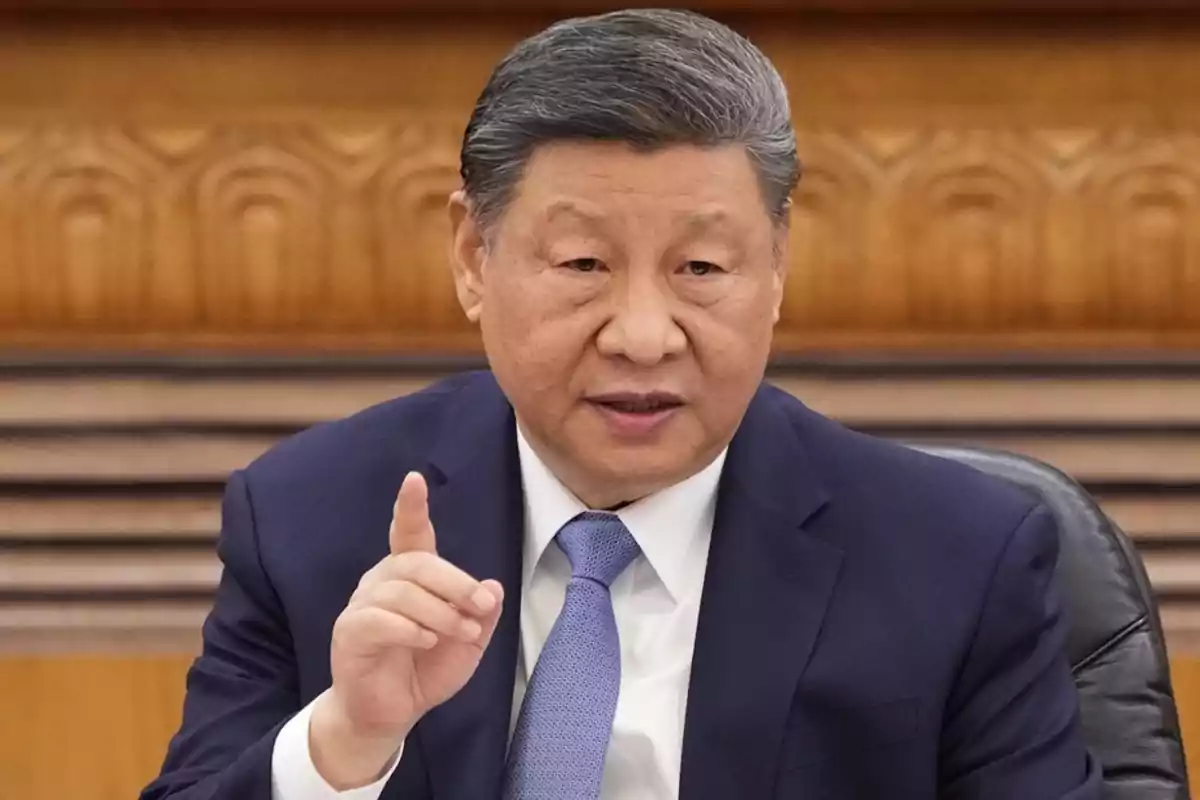
China warned South Korea about the export of rare earth minerals.
Xi Jinping's regime banned South Korea from exporting products containing these minerals to the United States
China has formally warned South Korean companies not to export products containing Chinese-origin rare earth minerals to defense contractors in the United States, according to the Korea Economic Daily.
This measure represents a new escalation in the trade war between China and the United States, which now directly impacts third countries like South Korea, a key player in global high-tech supply chains.
The warning was made through official letters from China's Ministry of Commerce sent to South Korean companies manufacturing electrical transformers, batteries, displays, electric vehicles, aerospace, and medical equipment, all sectors that depend on these critical materials.
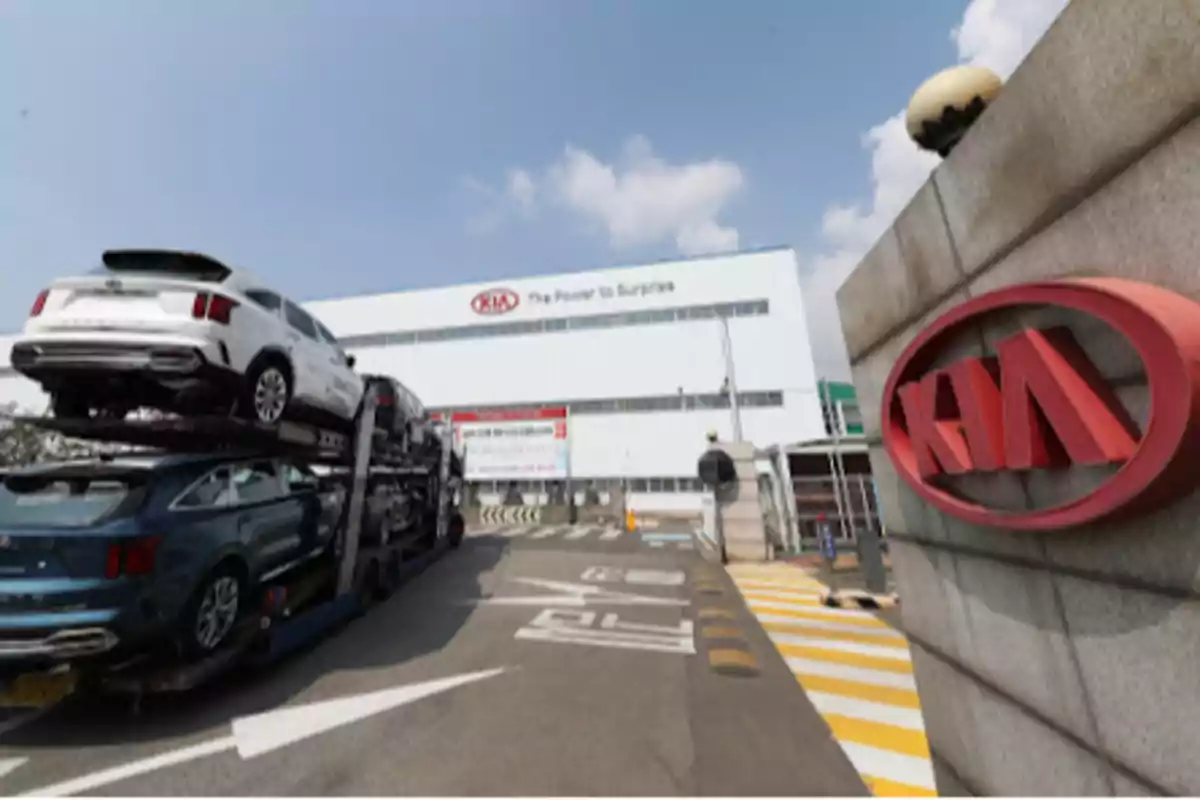
The letters specify that these companies could face sanctions if they violate the new restrictions, although the possible penalties are not detailed. However, some South Korean companies fear that China could completely block the supply of these metals.
The measure comes shortly after China imposed export controls on six heavy rare earth metals and rare earth magnets, requiring special licenses for their export.
These licenses can take up to 45 days to process, which amounts to an effective short-term ban. Additionally, Beijing has banned its companies from trading with 27 U.S. military contractors as a direct retaliation to tariffs imposed by U.S. President Donald Trump.
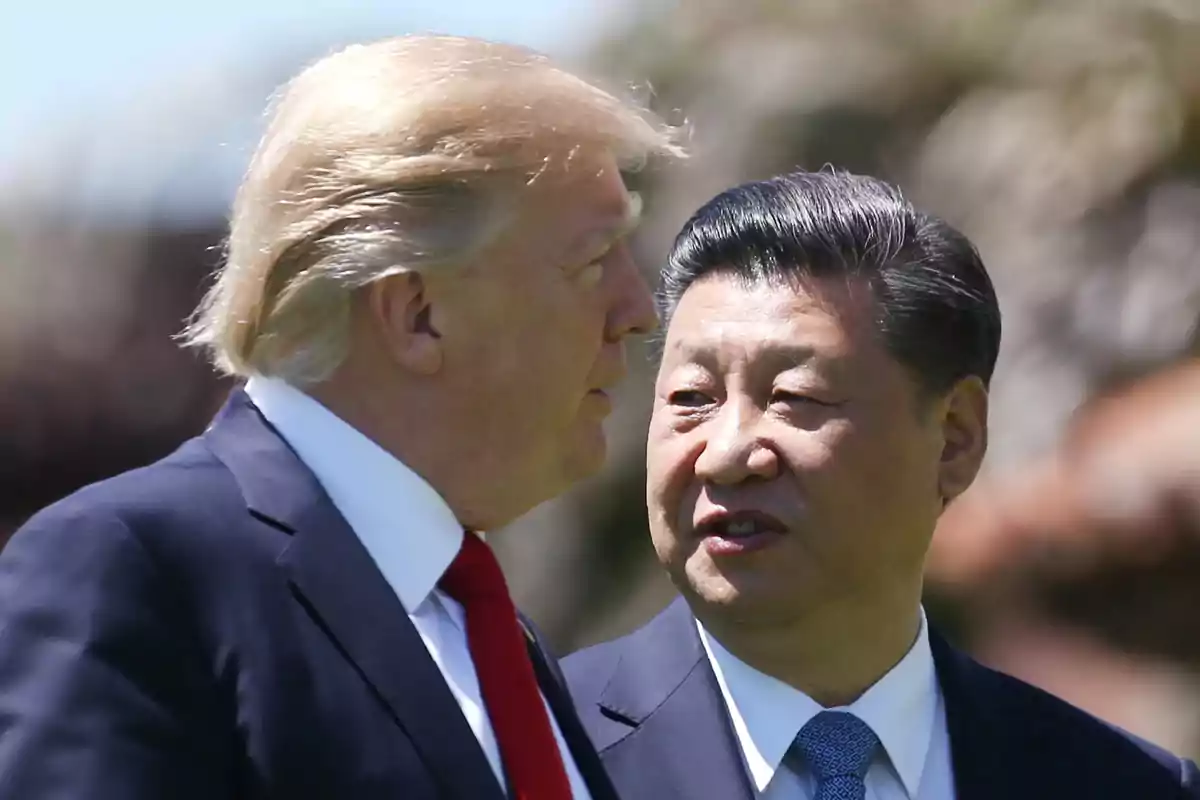
Rare earths, especially the heavy ones, are vital components for manufacturing magnets used in a wide range of products: from automobiles, drones, and robots to missiles, jet engines, lasers, car headlights, and computer chips that power artificial intelligence servers and smartphones.
Currently, China refines all of these six critical minerals and produces 90% of the world's rare earth magnets, giving it dominant control over this strategic resource.
This is the first time China has applied export control measures to non-U.S. foreign companies due to their trade relationship with the United States, with South Korea being the first affected country.
Given South Korea's high dependence on exports, especially in sectors like semiconductors, batteries, and electric vehicles, such restrictions could have severe consequences for its economy.
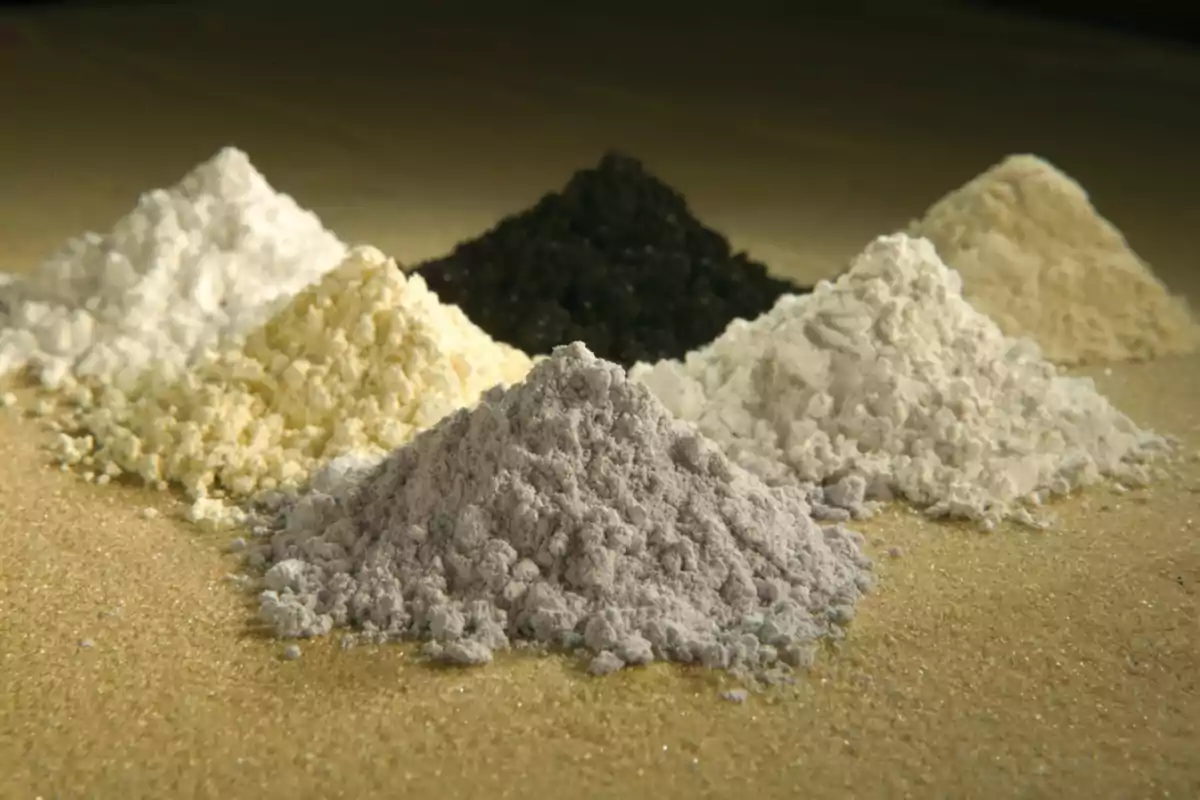
A South Korean government official confirmed that several local companies, in addition to those in the transformer sector, have received the same letter, including firms in the battery, display, electric vehicle, aerospace, and medical device industries. These companies heavily rely on the import of rare earths processed in China.
Experts warn that this situation places South Korea in a very delicate position, caught between the world's two largest economic powers. Han Ah-reum, a researcher at the Korea International Trade Association, noted that China has been strengthening its control over sensitive exports since it passed its Export Control Law in 2020.
In October 2024, Beijing further tightened regulations and began drafting specific lists targeting defense-related companies, inspired by U.S. export control policies.
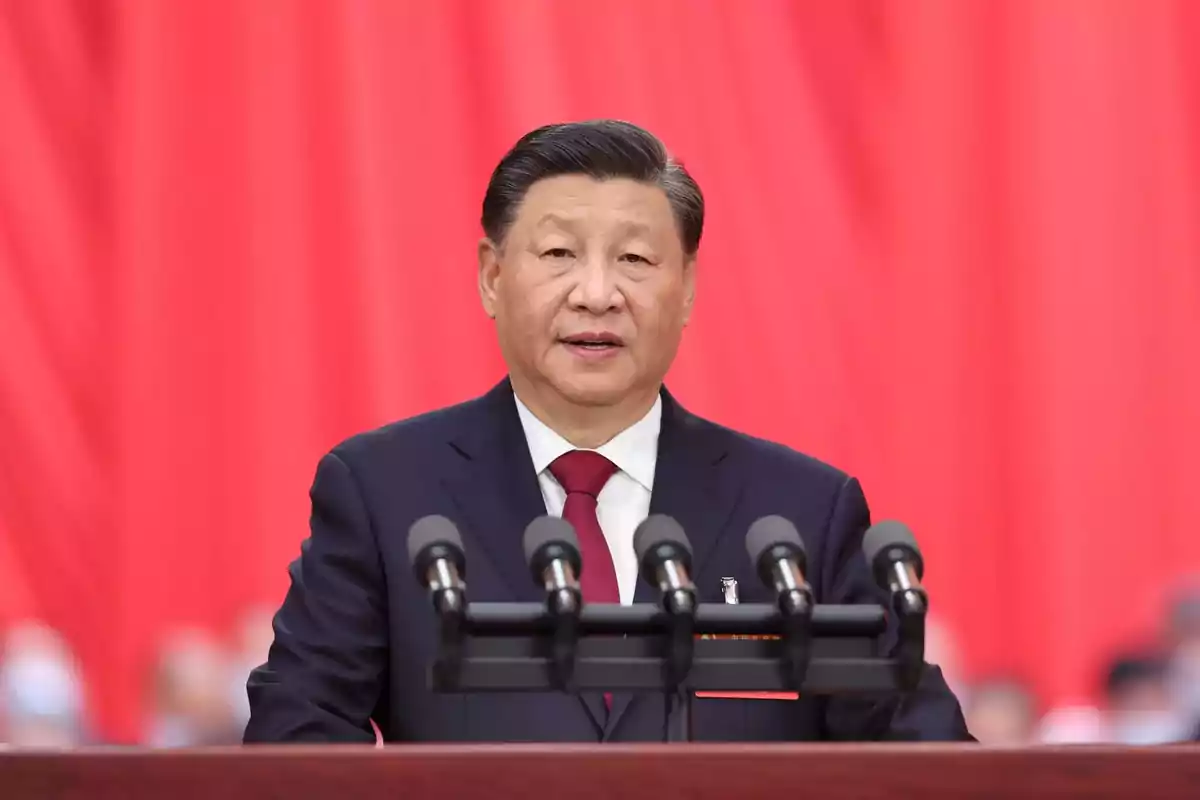
The growing tension in the trade war between the United States and China forces South Korea to make difficult decisions that could impact its economy.
If China expands its list of sanctions or extends its restrictions to other industrial sectors, major South Korean conglomerates, key drivers of its exports, could face serious obstacles in their growth and global supply chains.
More posts: